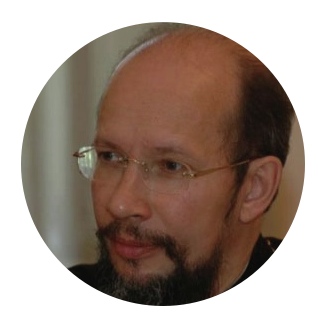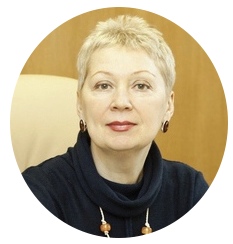#20. Liturgical language
09/23/2011The results of the All-Russian representative survey conducted by the service SREDA (field work: Public Opinion Foundation “PENTA”, sample 1500 people)
More than a third of Russians (37%) are in favour of changing the language of church services. Including Orthodox Christians (43%) – with the exception of those few who regularly attend Communion.
Hearing worship in cathedrals in the modern Russian language is more often desired by less educated citizens. Respondents with higher education do not generally mind church services in Church Slavonic.
Do you find the following statement true or false? “I believe that Orthodox Church services should be conducted in the modern Russian language and not in Old Church Slavonic.”
37% of Russians are in favour of hearing services in the Orthodox churches in the modern Russian language. Women are more likely to voice this response than men.
Interestingly, representatives of different age groups generally
responded the same.
Changing the language of church services from Church Slavonic to the modern Russian is more appealing to unemployed respondents (44%), citizens with below-average education (43%), and Russians who highly value the social activities of the Patriarch (46%).
Among those who would like to still hear the Old Church Slavonic during church services: educated Russians (45%), entrepreneurs and managers (48%), and respondents engaged in science or working in the field of education.
But among Orthodox Christians, about half of the respondents were in favour of changing the language of church services. However, most people with this opinion are not regular churchgoers. Against the change of church services from Church Slavonic to the modern Russian speech are those Orthodox Christians who regularly attend Communion.
With regard to federal districts: those in favour of changing the language of worship most frequently reside in South and the North Caucasus federal districts. Residents of the Ural federal district, on the contrary, rarely wanted to change the language of church services. But even less frequent to give a favourable response for changing the church services language were those respondents registered in the Far East. However, among these respondents, 39% could not give a specific answer (were ‘undecided’).
Most often difficultly giving a definitive answer was seen among the most affluent respondents.







